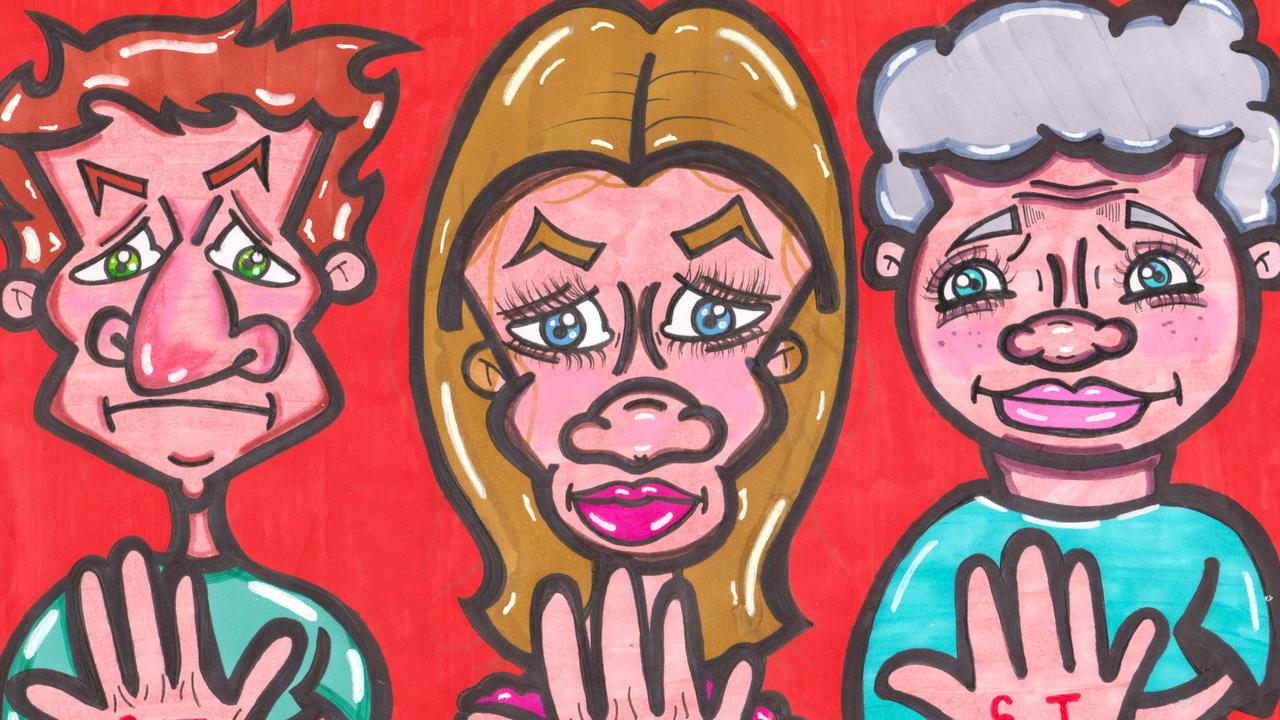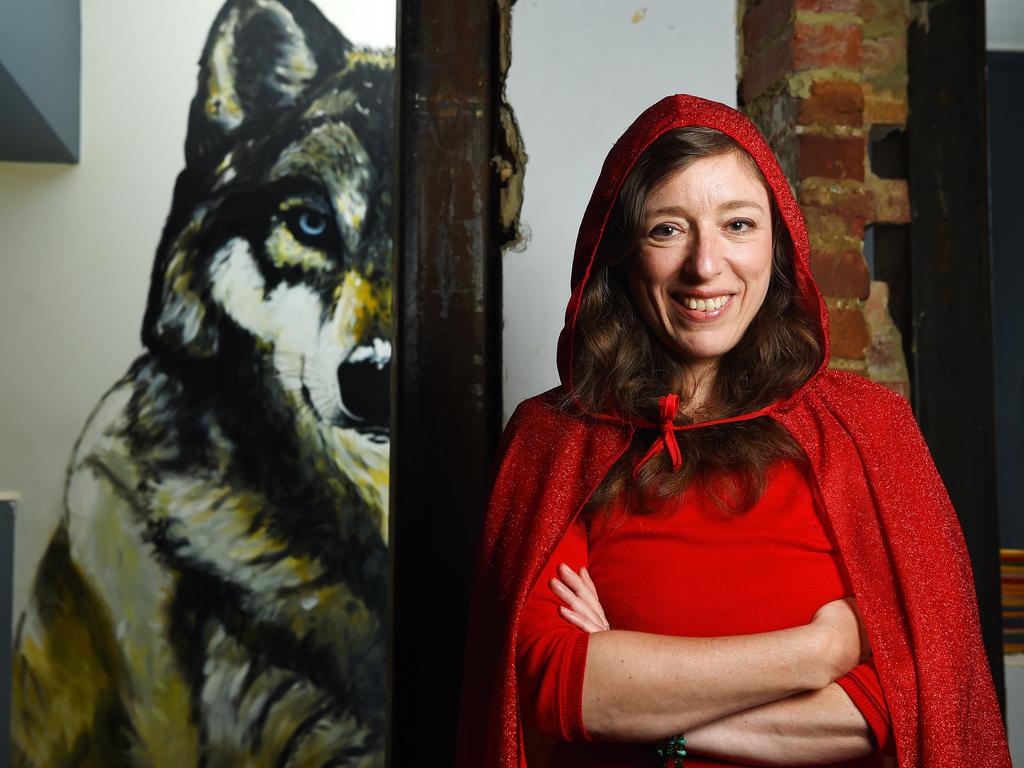Survivors call for curriculum change and DV education for kids
PART 1: The reigning Kids News Junior Journalist of the Year returns with a four-part DV series entered in the Secondary News Story (Print) category WARNING: RED LEVEL (secondary only)

READING LEVEL: RED
Domestic violence survivors are calling for more grassroots education and changes to the Australian school curriculum to better educate young people about abusive and controlling
behaviour. It comes as incidents of domestic violence soar across Australia amid what’s been labelled a “national crisis” by Prime Minister Anthony Albanese.
Thirty-four women were killed by an intimate partner in 2022-2023 – an increase of nearly 30 per cent compared to the previous year, according to the Australian Institute of Criminology.
Research by Counting Dead Women Australia found 43* women have lost their lives due to violence so far this year.
Experts have labelled the situation as “dire” and say urgent action is needed across the board, including more education for young people and accessible support services for victims.
Domestic violence survivors and parents are calling for targeted education to be included in the Australian curriculum to help young people identify early warning signs.
Schools across Australia run the Respectful Relationships program, which covers topics including gender equity, consent and sexuality.
Parents and domestic violence survivors say this does not go far enough and that children should be taught about coercion, control, predatory behaviour and other forms of non-physical abuse in an age-appropriate way using real-life examples – starting at primary school level.
“It’s a scary world we live in – especially with all this focus on gendered violence,” one parent said. “We need to educate our kids about what constitutes a healthy relationship and give them the skills they need to identify toxic behaviours early on.”
Domestic violence survivor, counsellor and social worker Azelene Williams said educating young people about abusive and controlling behaviour could save lives.
“Equipping young people with the knowledge and skills to recognise and respond to abusive and controlling behaviour is essential for their wellbeing and development,” she said.
“It helps them build healthier relationships and empowers them to make informed decisions.”
Ms Williams, who was in an abusive relationship during her teen years and was physically assaulted, is lucky to be alive. She now shares her personal experience with students as part of her work with schools across Australia.
“Understanding the cycle of abuse and being able to identify the red flags can truly save your life,” she said. “Unfortunately, I was unaware of these signs, which led to me nearly losing my life twice during my relationship.”

Domestic violence survivor Anita Bentata said empowering and educating young people about abuse was essential.
“Even if a young person comes from a non-toxic family, they are often not taught by their parents how to recognise or protect themselves from toxic or predatory figures, particularly
when the predator uses confident, manipulative or charming tactics,” she said. “I find there is a serious failure in education across the board – within society, psychology, in the education system and in families, about how to recognise abuse and toxic behaviours.
“There is a focus on red flags and very basic information about abuse and toxic behaviours, however, this information is highly superficial and doesn’t protect or prevent toxic or abusive relationships.”
Ms Bentata, a retired psychotherapist who runs a support group called Melbourne Women Starting Again, said there were many factors that contributed to this complex problem.
These included non-physical forms of abuse which can be harder to identify, mislabelling toxic connections as love, co-dependency and fear of leaving.
“In my anecdotal research, I have found all females had early warning signs but they were influenced to ignore them and thereby not trust their own instinct and intuition,” she said.
“No matter what someone’s history is, there is never an excuse for someone to harm another person.
“There is always an alternative to toxic behaviours.”
If you find this article upsetting, please talk about what is upsetting you with an adult you trust or visit kidshelpline.com.au or call Kids Helpline on 1800 55 1800 at any time for any reason.
* Figure as at July 17, 2024. Source: Counting Dead Women Australia
* Please note: Kids News editors amended this copy prior to publication. Images were also added by Kids News editors as per publishing requirements on the site.

